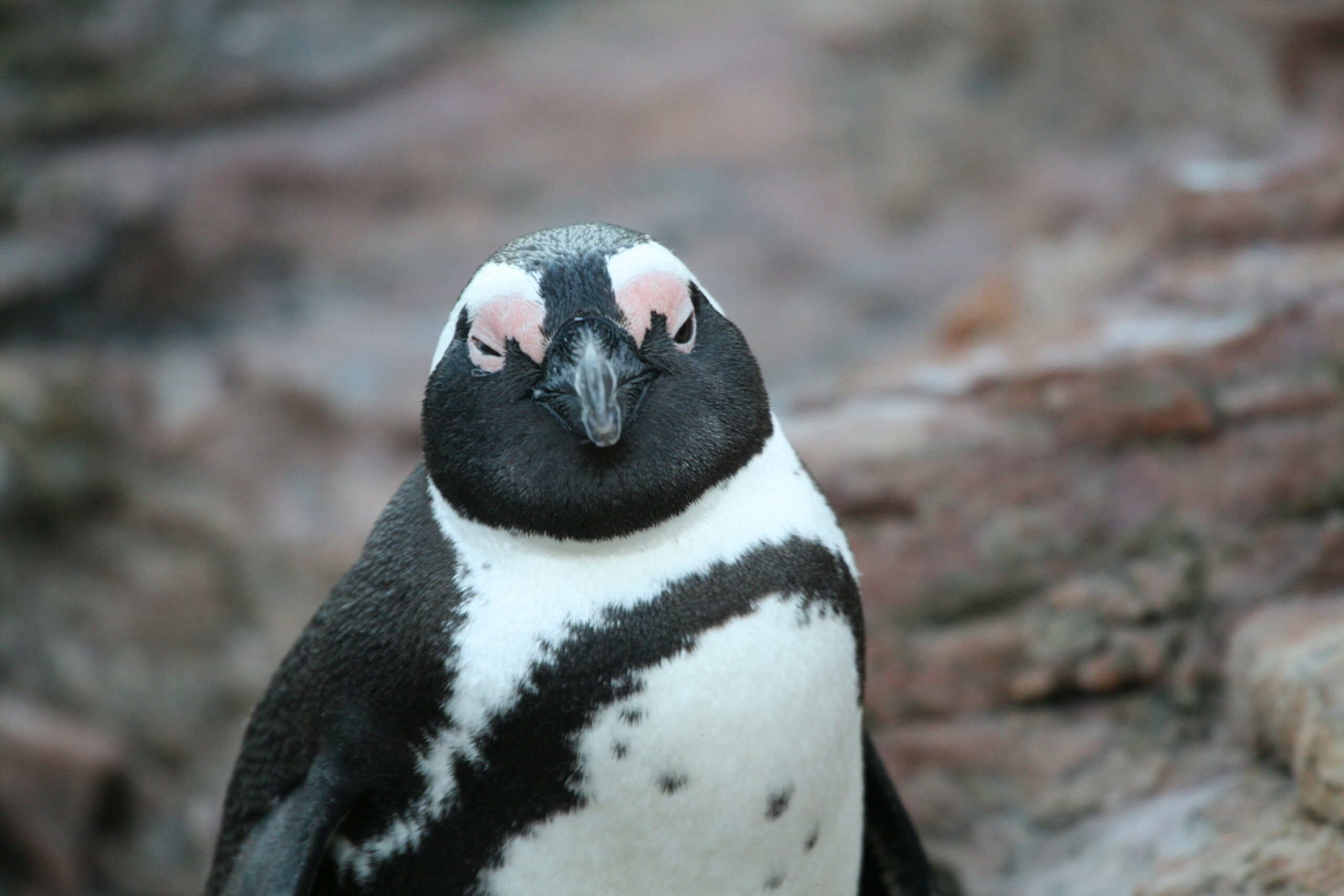Share this article
Study: States outdo Congress in pollinator conservation laws
States are passing more legislation relating to pollinator conservation than the federal government, researchers found, but they say more laws are needed.
In a study published in Environmental Science and Policy, researchers gathered information on all state and federal legislation relating to pollinators passed from 2000 to 2017. At the federal level, they found 31 pollinator-related bills had been proposed in Congress, but only four of them passed.
“Here we have a globally recognized crisis and no real response that fits a crisis,” said Damon Hall, an assistant professor in the School of Natural Resources at the University of Missouri and the lead author of the study.
States made more robust efforts. The team found 109 pollinator health and conservation bills passed throughout 36 legislatures. Fourteen states did not pass any pollinator legislation, although the team did not look at initiatives in other government branches.
“What we see here is indeed there are laws being passed addressing insect pollinator declines,” Hall said.
Because it was in the early 2000s that colony collapse disorder was named and becoming understood as an issue, he and his colleagues used 2000 as a starting point. They found in these 109 bills, insects were no longer being indiscriminately lumped together as pests. Instead, some insects were recognized as being beneficial. Many bills also focused on pesticide use, including California legislation that banned certain pesticides on state lands. Some laws identified ways to fund pollinator conservation, research and habitat conservation.
Hall and co-author Rebecca Steiner, of Lewis & Clark Community College, found the bills often failed to encourage alternatives to pesticides and left out efforts to monitor insect pollinators. “Without systematic species diversity and abundance monitoring, you end up with a lot of feel-good activity but have no idea if actions have any impact,” Hall said.
In the absence of federal action, Hall said, the pollinator legislation at the state level is encouraging, but more needs to be done.
“It’s a pretty simple conservation issue with declines in these organisms that are mostly unseen, and yet we depend upon them in ways we are just now becoming aware of,” he said.
Header Image: Researchers found states were passing more pollinator conservation legislation than the federal government. ©CAJC: in the PNW








